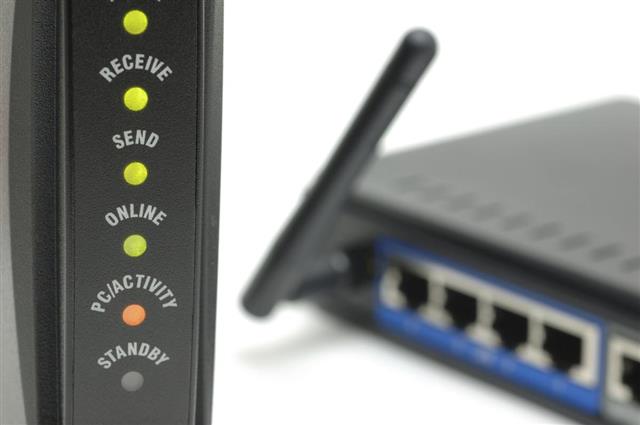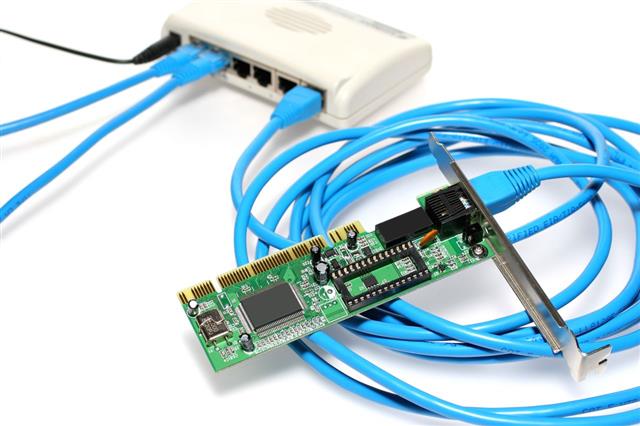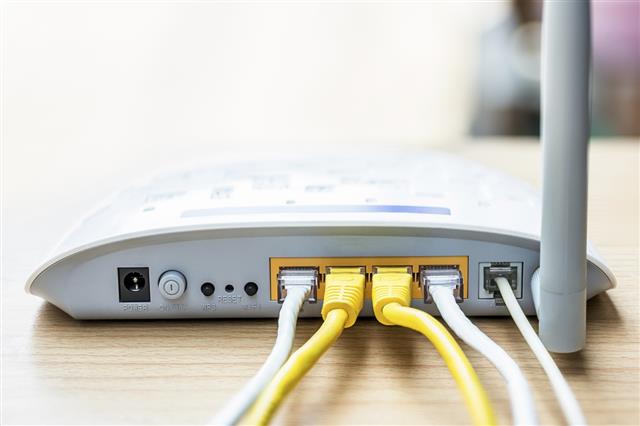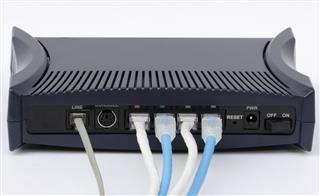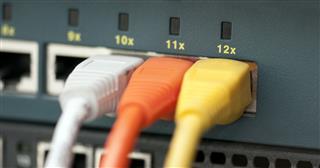
Dial-up and broadband are different technologies used to access the Internet. In this Techspirited article, we compare these two technologies, so you can decide which is better.
A dial-up Internet connection requires a telephone line and a modem to connect to the Internet. As the name suggests, the modem dials up a call in order to establish a connection with the Internet service provider (ISP). Broadband provides a wider range of frequencies for connection, with a higher speed as compared to the dial-up connection. It provides this high speed without interfering with the working of the telephone line.
Comparison Between Broadband and Dial-Up Connection
Connectivity
Dial-up connects to the Internet through a modem and a dedicated telephone line. The telephone line remains engaged when the Internet is accessed via a dial-up Internet connection. A broadband connection is done using various mediums like cable, DSL, and satellite Internet. It provides Internet access without keeping the phone lines busy.
A dial-up Internet connection uses an access number to connect to the Internet, but broadband connections, on the other hand, do not require any access number to be dialed. Moreover, voice and Internet services cannot be simultaneously used in a dial-up connection.
IP Address
When a dial-up connection is established between an Internet user and an Internet service provider, the modem dials the access number and every time a new IP address is assigned to your computer. In contrast, the IP address assigned to your computer is the same throughout when broadband is used. The IP address changes only if the cable or DSL modem is physically disconnected and a connection is again established with the Internet service provider. A dial-up connection on the other hand, keeps on connecting and disconnecting according to the needs of the user.
As the IP address keeps on changing in case of a dial-up connection, crackers cannot hack IP addresses easily. Crackers are black-hat hackers, i.e., people who use unethical techniques to hack a computer. However, in case of broadband, the IP address does not change so often, which can prove beneficial for crackers.
Use of Modem and Router
Traditional telecommunication systems used analog signals for communication, and dial-up connections, therefore, need a modem to convert these analog signals into digital signals. Broadband connections, on the other hand, do not require the analog to digital and digital to analog conversion.
Dial-up access does not require a special router, while broadband requires a router. A router is a device that provides a connection between the user and the Internet service provider.
Speed and Cost
Dial-up connections make it difficult to view or download videos, download e-mail attachments, play games, and perform other tasks that require high speeds, as the connection is very slow. Broadband provides a higher speed, and therefore, supports services like videos and bulk downloading. The speed of a dial-up connection is usually 56 kbps, but some modems can provide a speed of 320 kbps. The speed of broadband is generally around 2 Mbps.
The cost of dial-up is decided based on the calls per minute, similar to the telephone billing procedure. The cost of broadband is decided by the rent you pay to the Internet service provider.
As you can see, there are many differences between these two connections. Though dial-up connections were once the norm, these days it is best to opt for a broadband connection, as it provides many benefits over the older dial-up. Of course, there are some places, like remote places, where it is not possible to get broadband connections; in these cases dial-up may be the only alternative for now.
